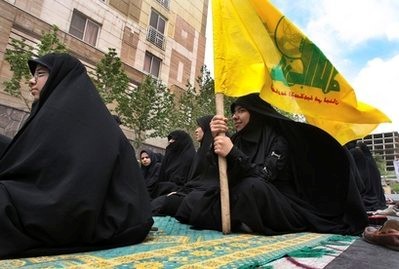
As anger over the incarceration of renowned Bangladeshi photographer and activist Shahidul Alam continues to grow in and outside the South Asian country, his wife said the detention “can’t break his spirit”.
Alam has languished in a jail in the capital Dhaka for more than 50 days in a case filed under the stringent Information and Communication Technology (ICT) Act for “spreading propaganda and false information against the government”.
“His spirits remain high. He jogs and exercises and reads books more rapidly than I can supply them,” his wife Rahnuma Ahmed told Al Jazeera on Friday after visiting her 63-year-old husband in prison.
He was arrested on August 5 shortly after he talked to Al Jazeera and did a Facebook Live broadcast amid massive anti-government student protests that gripped the country.
The protests, he said, were the result of pent-up anger at corruption and an “unelected government … clinging on by brute force”.
Alam’s family and lawyer have alleged he was tortured in custody.
“The constant pain in his gums persists and chewing is difficult. He did not suffer from any such problems before being picked up,” Ahmed said.
On September 11, a court rejected his bail application, saying “a citizen cannot comment or upload any Facebook post on free and fair elections, only a politician can do that”, according to his lawyer Sara Hossain.
“Why is a citizen being deprived of his liberty so arbitrarily?” Hossain told Al Jazeera, adding the court made “manifestly partisan and irrelevant observations”.
Hossain is likely to request that Alam be released on bail from a higher court on October 1.
On September 5, the government of Bangladesh challenged a court order to provide Alam better facilities in prison. The court is yet to rule on the government’s petition.
Protest at the UN
Meanwhile, dozens of activists joined Alam’s family and friends at a demonstration outside the United Nations headquarters in New York City while Prime Minister Sheikh Hasina addressed the ongoing General Assembly meeting on Thursday.
Family members of renowned Bangladeshi photographer and activist @shahidul who was jailed in Bangladesh, are present at today’s @pressfreedom / @Reuters event. Follow #FreeShahidulAlam for more info. #FreeThePress #UNGA2018 pic.twitter.com/0WXUB9GgyB
— Tori Hoffman (@torihoffman15) 28 September 2018
Endorsed by various rights groups and journalist associations, the protesters included activist Kerry Kennedy, actor and activist Sharon Stone, academic and feminist Gayatri Chakravorty Spivak and Alam’s niece Sofia Karim.
“The slide towards autocracy [in Bangladesh] is deeply saddening,” Karim said, calling the country “a paranoid and repressive state”.
“Shahidul Alam has been wrongfully detained, and I proudly stand with those who are calling for his immediate and unconditional release,” said Kennedy in her address.
“Bangladesh should comply with its international human rights obligations and free Alam today,” she said.
Wasfia Nazreen, celebrated mountaineer and Alam’s friend, called him a “living legend who taught all his life to see the light in our country, even during the darkest hours”.
“He has always come from a place of integrity and sacrificed himself for all of us by speaking truth to power. For that, he is being wrongly imprisoned,” she said.
Crackdown on dissent
Hasina’s government – since her Awami League party came to power in 2009 – has been marked by allegations of extrajudicial killings, enforced disappearances, and secret detentions of members of the political opposition and anti-government activists.
If convicted, Alam faces 14 years in jail – a provision of the law Amnesty International called “draconian”. Human Rights Watch on Tuesday said the law was “a blow to freedom of speech”.
Last month, dozens of civil society groups, including Transparency International Bangladesh, Reporters Without Borders, and the Committee to Protect Journalists issued a statement condemning the “blatant violation” of Alam’s right to freedom of expression and called for his “immediate and unconditional” release.
A change.org petition launched by Amnesty for his release was signed by more than 15,000 of his supporters.
Last year, at least 25 journalists and hundreds of bloggers and Facebook users were prosecuted under the ICT Act after their online content was deemed defamatory or blasphemous.












